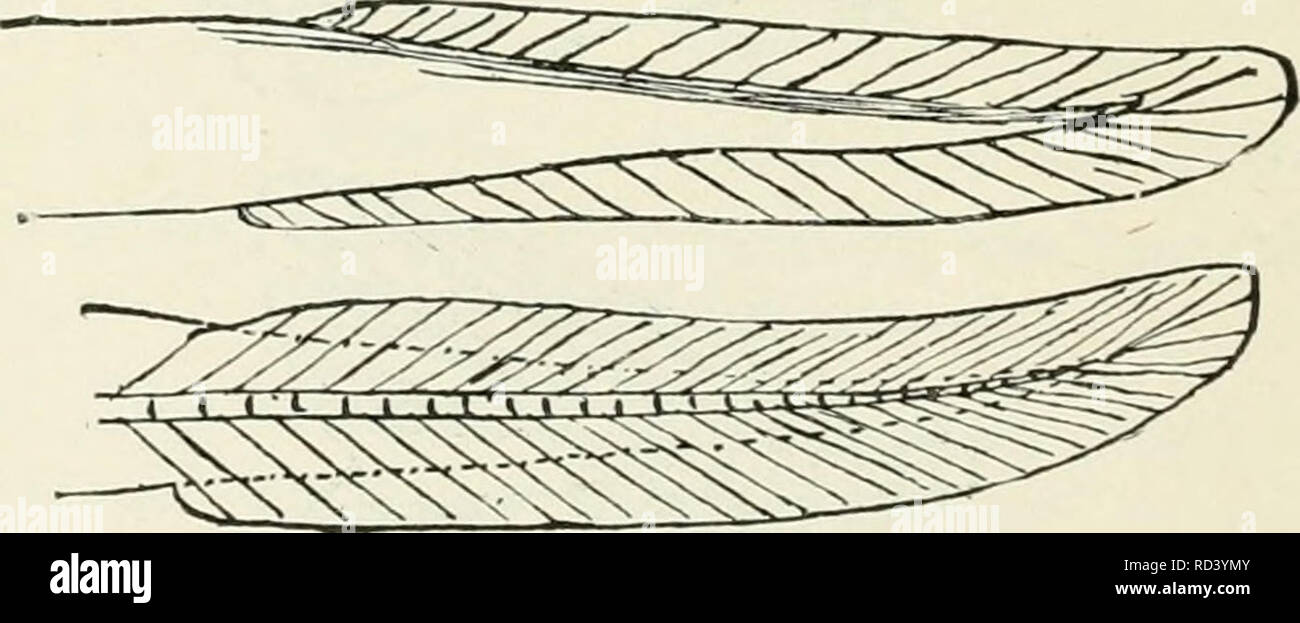________ Petromyzontomorphy
Superclass
What does Gnathostomata mean?
Jaw mouthed
What does Osteichthyes mean?
Bone fish
What does Actinopterygii mean?
Ray finned
How does Amphibia regulate their body temperature?
Basking, ectothermic
What does Petromyzontomorphy mean?
Rock sucking shape
What are Chondrichthyes teeth made out of?
Modified scales
What is this tail called? Where does the spinal cord go?
Heterocercal tail, spinal cord goes into upper lobe
What is this tail type called? Where does the spinal cord go?
Diphycercal tail, spinal cord goes into the middle of the tail
What does Amphibia mean?
Dual life
Which one of the big 4 does Petromyzontomorphy have as adults?
What Classes are under Gnathostomata?
Class Chondrichthyes, Class Sarcopterygii, Class Actinopterygii
What respiratory structures does Sarcopterygii have?
Gills and lungs
What type of fertilization does Actinopterygii do? Oviparous, ovoviviparous, or viviparous?
Internal and external; both oviparous and ovoviviparous
How many heart chambers does amphibia have? How many atria and ventricles?
3 heart chambers, 2 atria, 1 ventricle
Which one of the big 4 do Hyperotreti have as adults?
Notochord
What makes Gnathostomata amazing predators?
Protrusible jaws, paired appendages
What is the synapomorphy of Sarcopterygii? What does it mean?
Fleshy finned - bone and muscle in fins
What are the 2 groups in Actinopterygii? What is the difference between them?
Chondrosteans - heterocercal tails, a lot of cartilage
neopterygians - homocercal tails
How do lizards retain water?
They convert their pee to uric acid
What is the feeding system of Petromyzontomorphy adults vs larvae?
Larvae: Filter
Adults: Fluid
How do sharks deal with living in a salty environment?
Retain wastes as salts to offset tonicity difference
What type of selection allowed sharks to retain their body shape for 100 million years?
Stabilizing selection
Lungfishes, coelacanths, osteolepiform
What type of fertilization does Amphibia do? Are they Oviparous, ovoviviparous, or viviparous?
Internal and external, ovoviviparous and oviparous